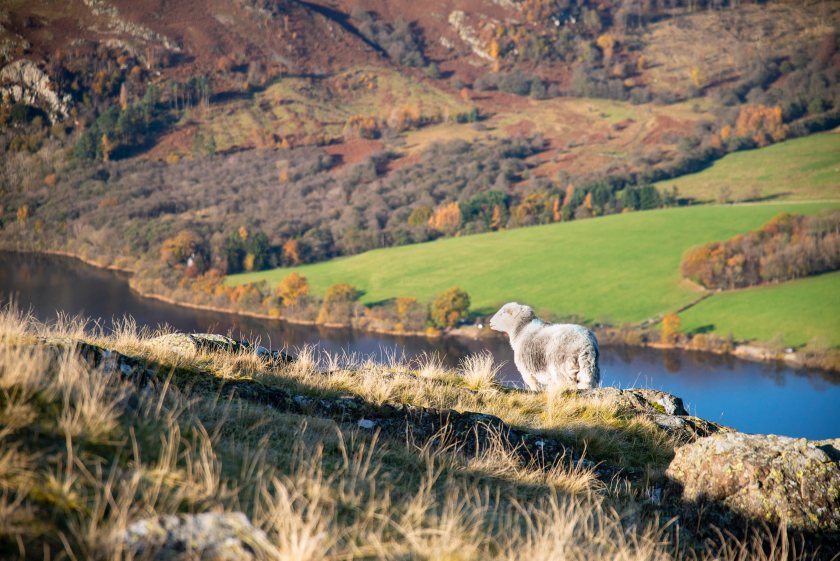
With less than a month left before the consultation closes, farmers are being urged to share their views on the proposed Glyndwr National Park — a move that could reshape the future of land use, conservation, and rural economies across north and mid Wales.
The 12-week statutory consultation, launched by Natural Resources Wales (NRW) on 15 September 2025, invites public responses to a final draft map and supporting evidence.
It follows two years of detailed evaluation commissioned by the Welsh government, including data gathering, technical assessments and engagement with communities and stakeholders.
If approved, Glyndwr would become Wales’s fourth national park, stretching from the coast near Prestatyn in Denbighshire, through Flintshire and Wrexham County Borough, and into the north of Powys.
The proposal builds on earlier public engagement in 2023 and a full consultation in 2024, which helped shape the park’s current boundaries.
For the farming community, the proposals present both opportunities and challenges. Supporters highlight potential gains for agri-tourism, biodiversity, and access to nature-based funding.
But many farmers fear tighter planning restrictions and additional bureaucracy could undermine food production and traditional land management.
Ash Pearce, programme manager for NRW, described the consultation as “an exceptionally rare opportunity to influence the long-term protection of this special landscape”.
He added: “We know change can be difficult, but with the right approach, a new National Park could bring real benefits for people, wildlife and the local economy.”
The debate mirrors similar tensions seen in other national parks, where efforts to balance conservation goals with the realities of working farmland remain a central challenge.
With large areas of productive farmland falling inside the proposed boundary, industry groups have stressed the importance of ensuring rural voices are heard before decisions are finalised.
“This is a once-in-a-generation opportunity,” Pearce said. “Please share your thoughts by submitting a response form before the consultation closes.”
With the clock ticking, farmers across north and mid Wales are being urged to make their voices heard — before decisions are made that could shape their land and livelihoods for generations to come.
